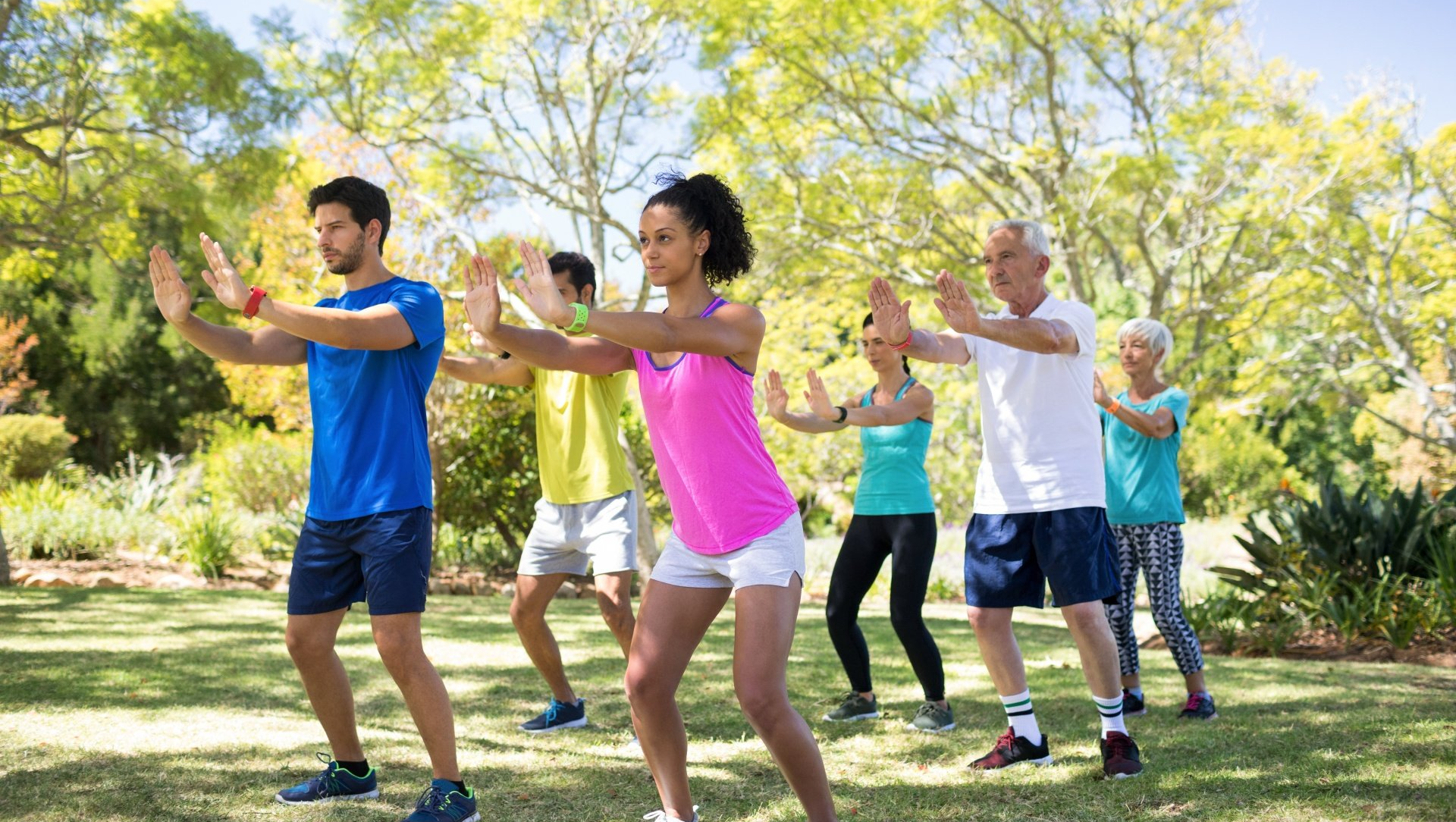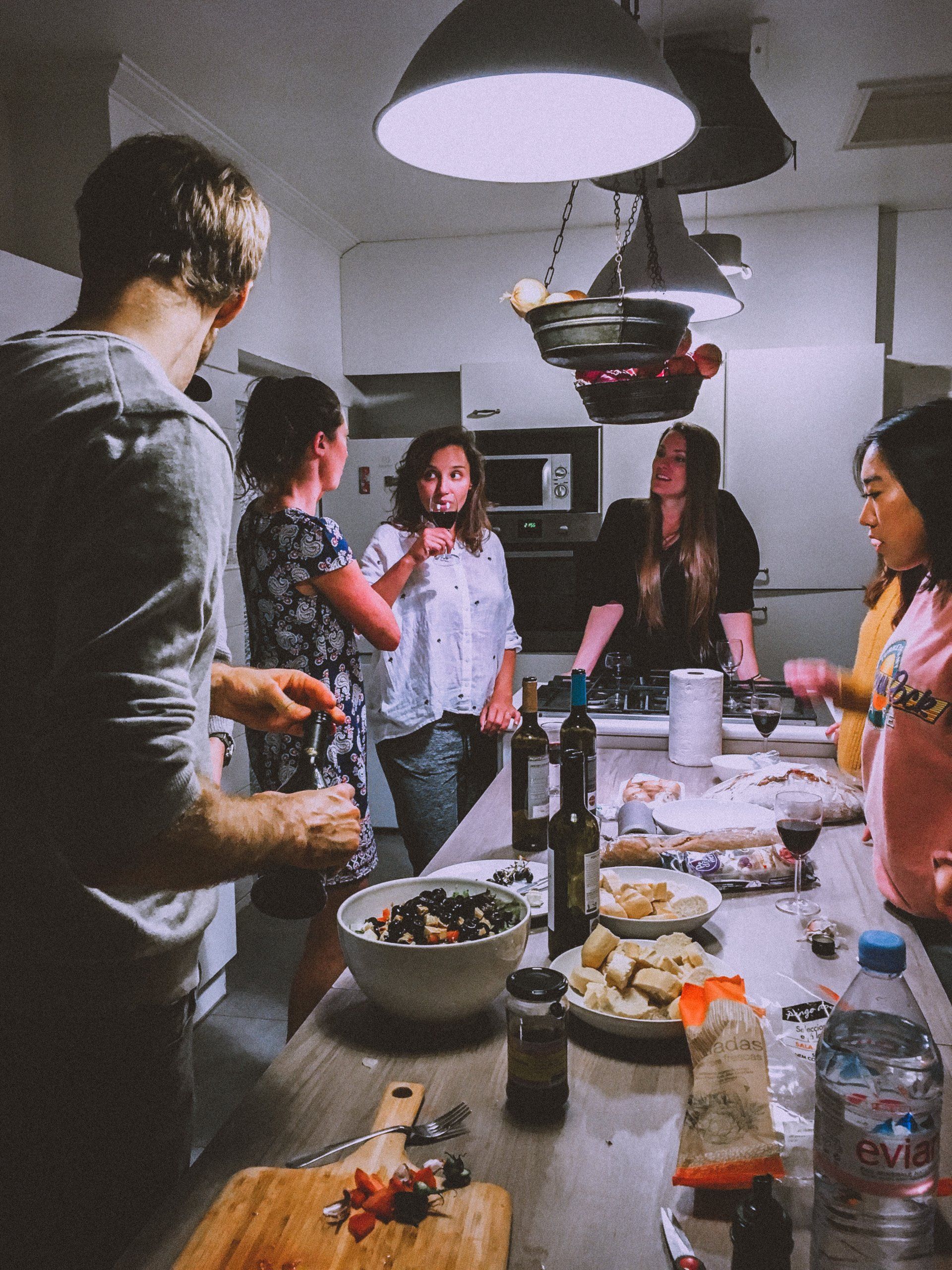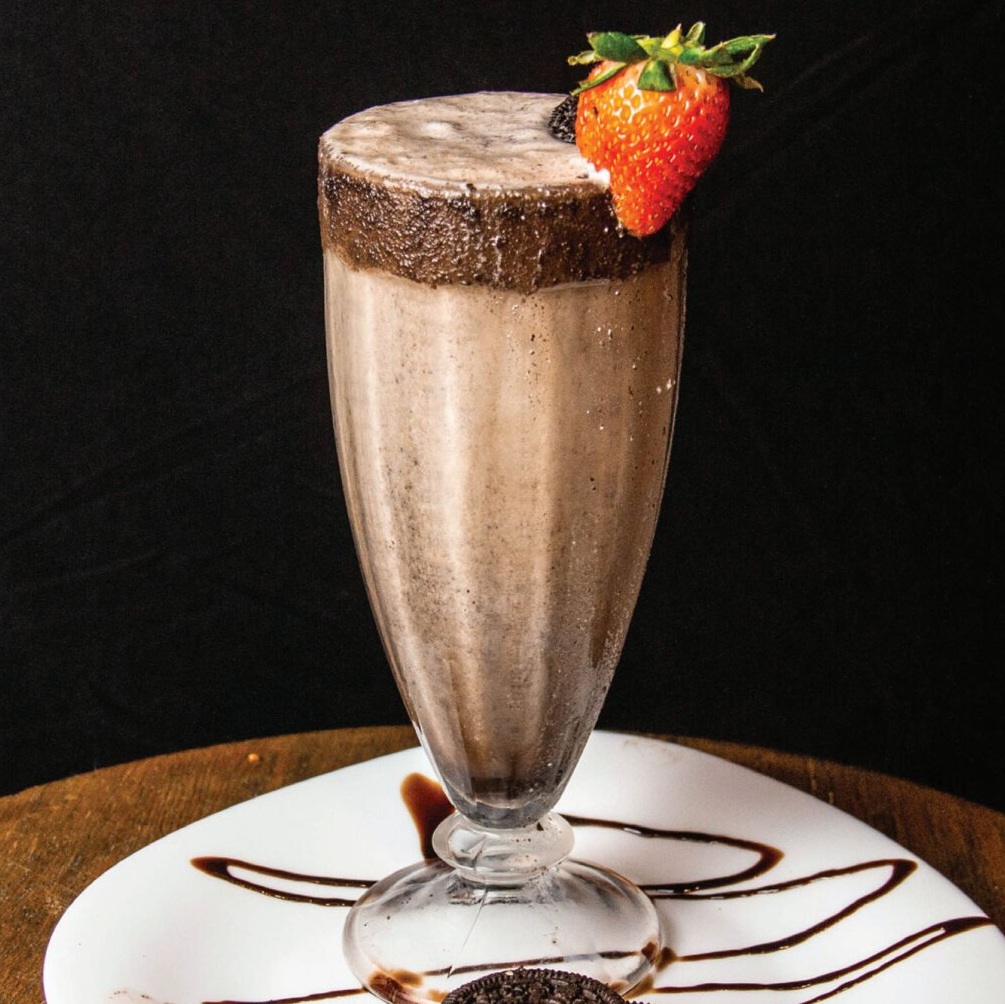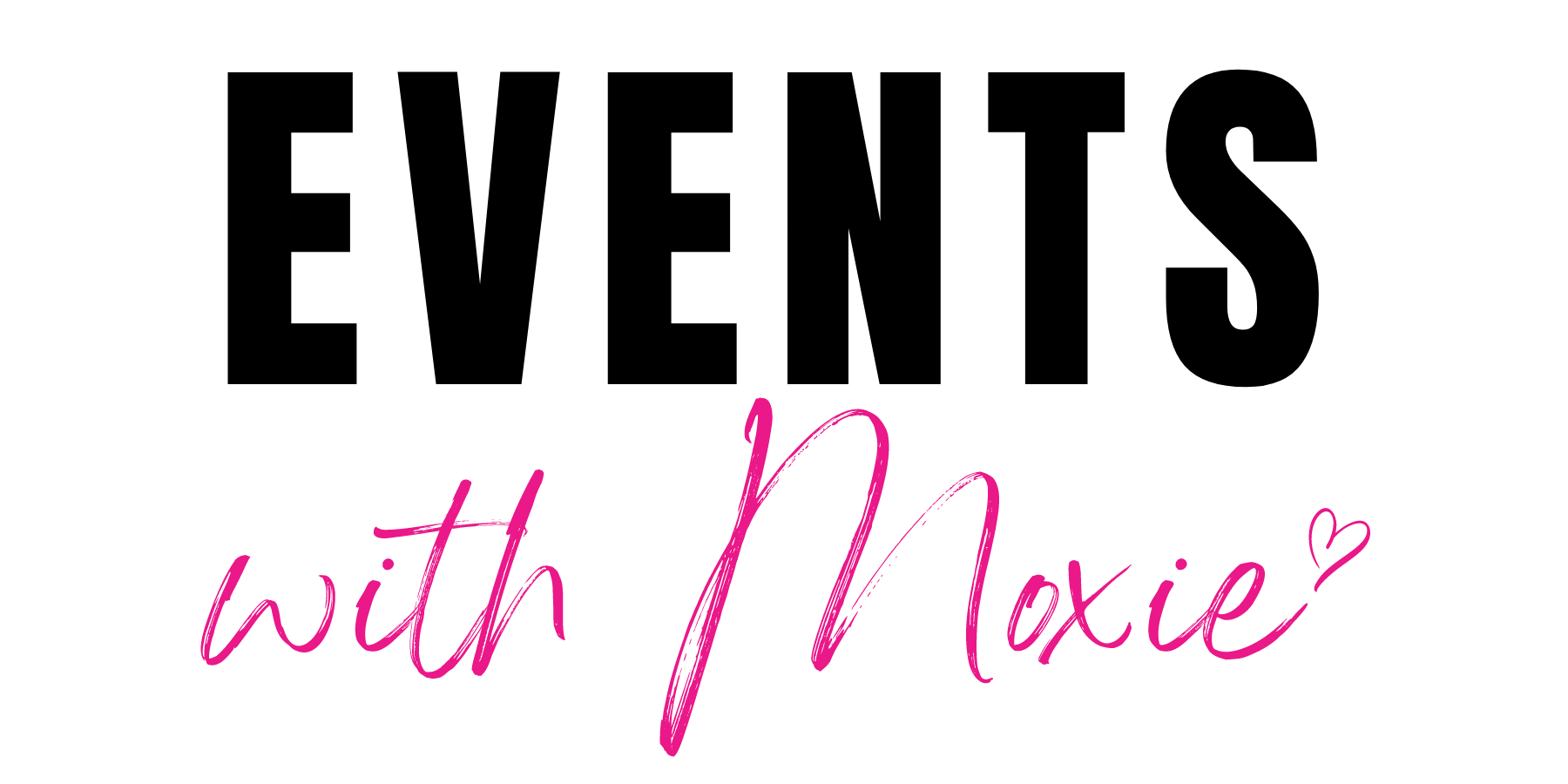What is Healthy?
By: Emily Betros

Eat right and exercise enough. These are typically the two areas we are told to focus on to increase our health. We might go as far as assessing our sleep, water intake, and if we’re lucky, someone will inquire about our stress levels. However, diet and exercise are still touted as the best ways to get healthy. It might be a relief to know that research actually suggests that these two areas of health, which we normally beat ourselves up over, actually fall much lower on the list than originally thought.
What health…is not
First, let’s talk about what health is not. Health is not thinness. It’s not whiteness, cisgendered, or able-bodied. In fact, health is not even a moral obligation to achieve. You do not have to pursue health or work to get healthier to be worthy. Your health is not entirely in your control – you can’t wrestle it into what you want it to be. Regardless of a desire to change your health, many people simply cannot prioritize it (and certainly not at the level that our culture has deemed its importance), because of other more important duties, job and financial situations, food insecurity, poverty, and a whole host of other reasons.
Let me be clear, this is not to imply that there is something wrong with you if you don’t prioritize your health. And it is certainly not saying that just because you fall into one of these categories that you automatically do not prioritize your health. Many of us just cannot or don’t want to, and everyone has their own right to make this decision or define health in their life the way they want to—not fit into the mainstream belief that health is the be-all end-all of worth or importance.
Hopefully it goes without saying, but just because focusing on becoming healthier isn’t a value or priority for you, does NOT mean that you are unhealthy. Health is not dependent on body size or shape. You cannot tell if someone is healthy by just looking at them. We could all eat and exercise the same way, and we would still all look very different from each other. Health is not just about personal responsibility and it is certainly not just about what we eat (or don’t eat) or how we move (or don’t move) our bodies.
Health disparities and determinants
The World Health Organization states, “The context of people’s lives determine their health, and so blaming individuals for having poor health or crediting them for good health is inappropriate. Individuals are unlikely to be able to directly control many of the determinants of health.”
And yet, the diet and wellness industry continue to make us believe that we are in control (often exactly what many of us are looking for, absent of health) of our health.
One reason for this is that the diet and wellness industry still equate health with thinness or the pursuit of weight loss. The second is that they can then blame the consumer when it (diet, cleans, plan, fix, restart, you name it) doesn’t work, and in turn they work to sell you something different (that, spoiler alert, also won’t work).
So, before relearning what actually determines our health, we have to give up the idea that A) healthy equals thinness, B) that we have control over it (our health, weight loss, etc.), and C) the pursuit of health or becoming healthy is the most important thing we can accomplish and will determine our worth.
In a nutshell, many different factors and circumstances combined affect your individual health. These include where we live, genetics, our relationships, income, access to health care and services, gender, and education. The W.H.O. states that the determinants of health include: the social and economic environment, physical environment, and a person’s individual characteristics and behaviors. Let’s take a closer look at what this means.
When there is a larger gap between rich and poor people, there is a greater difference in health. Higher income generally means better health. Less education often leads to more stress and lower self-confidence leading to poorer health. Safe housing, clean water and air, access to food, and good working conditions all contribute to increased health in people. Connections to your community and culture, friends, family, and overall social support affect health. Genetics play a part in determining your likelihood of developing certain illnesses, and you may suffer from different diseases if you are a man or woman. Being able to access health care (with constraints of transportation, time, or money) both preventatively and at onset of concerns impacts health. Finally, our personal behaviors such as level of activity, nutrition, smoking, drinking, drugs, coping skills for dealing with stress and other challenges in life also affect our health.
This list is not in order of importance. However, hopefully you can discern that drinking a green smoothie every day is a drop in the bucket. There may be health benefits to drinking it, but it does not, in and of itself, make you healthy. So many other factors create the full picture of health. And in fact, the stress and constant preoccupation with diet and exercise can and does create more health issues for people who otherwise, might not be dealing with. For example, diets often cause or exacerbate common ailments like stomachaches, headaches, sleep issues, and mood concerns.
The biggest takeaway here is that we have less control over our health than we are led to believe, and just focusing on diet and exercise has less to do with determining our health than we originally thought. Finally, redefining what healthy means, as well as how important the pursuit of health needs to be in our lives, is an excellent place to start for many of us. There’s a really good chance you are healthy, just the way you are.











